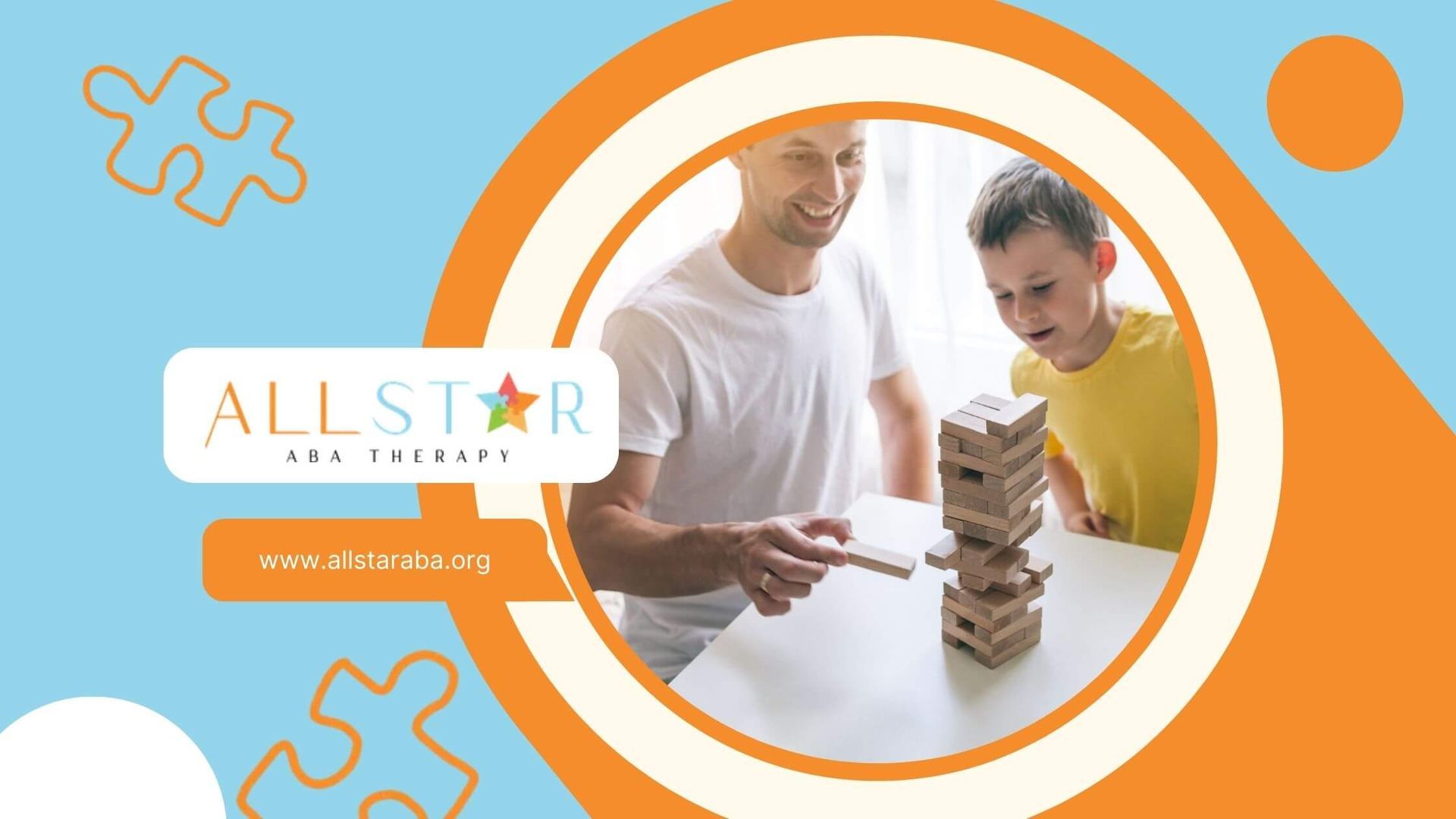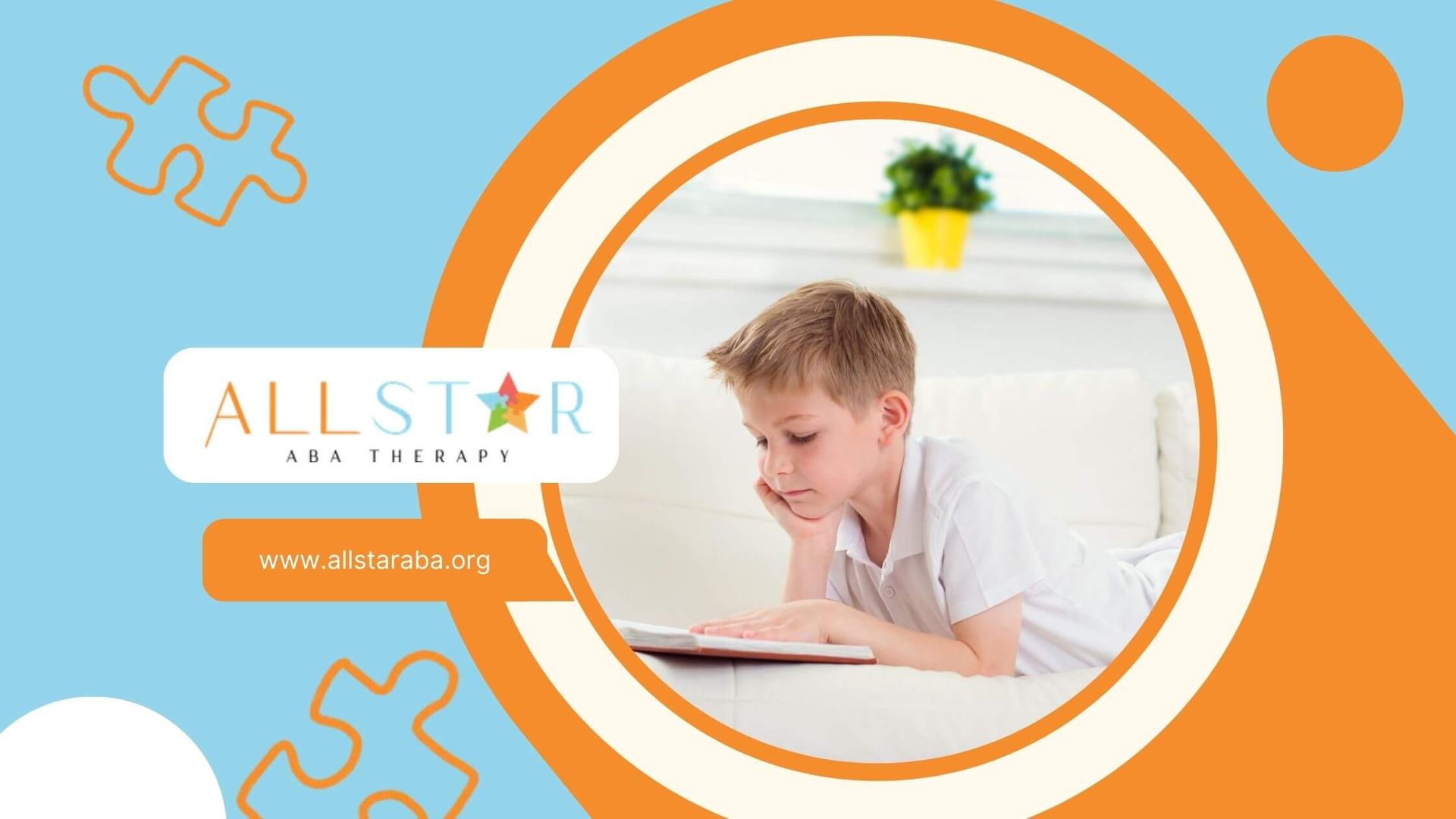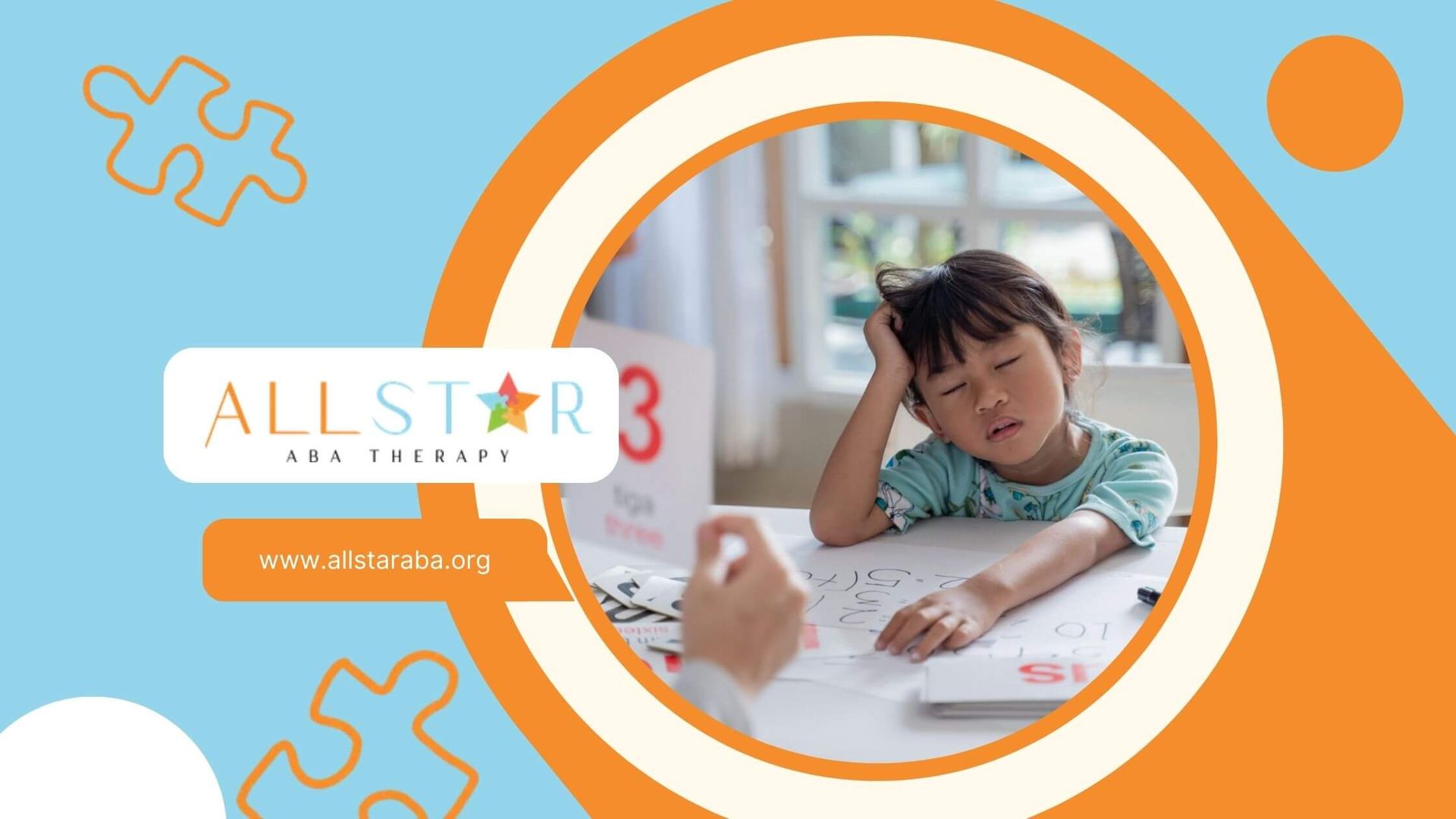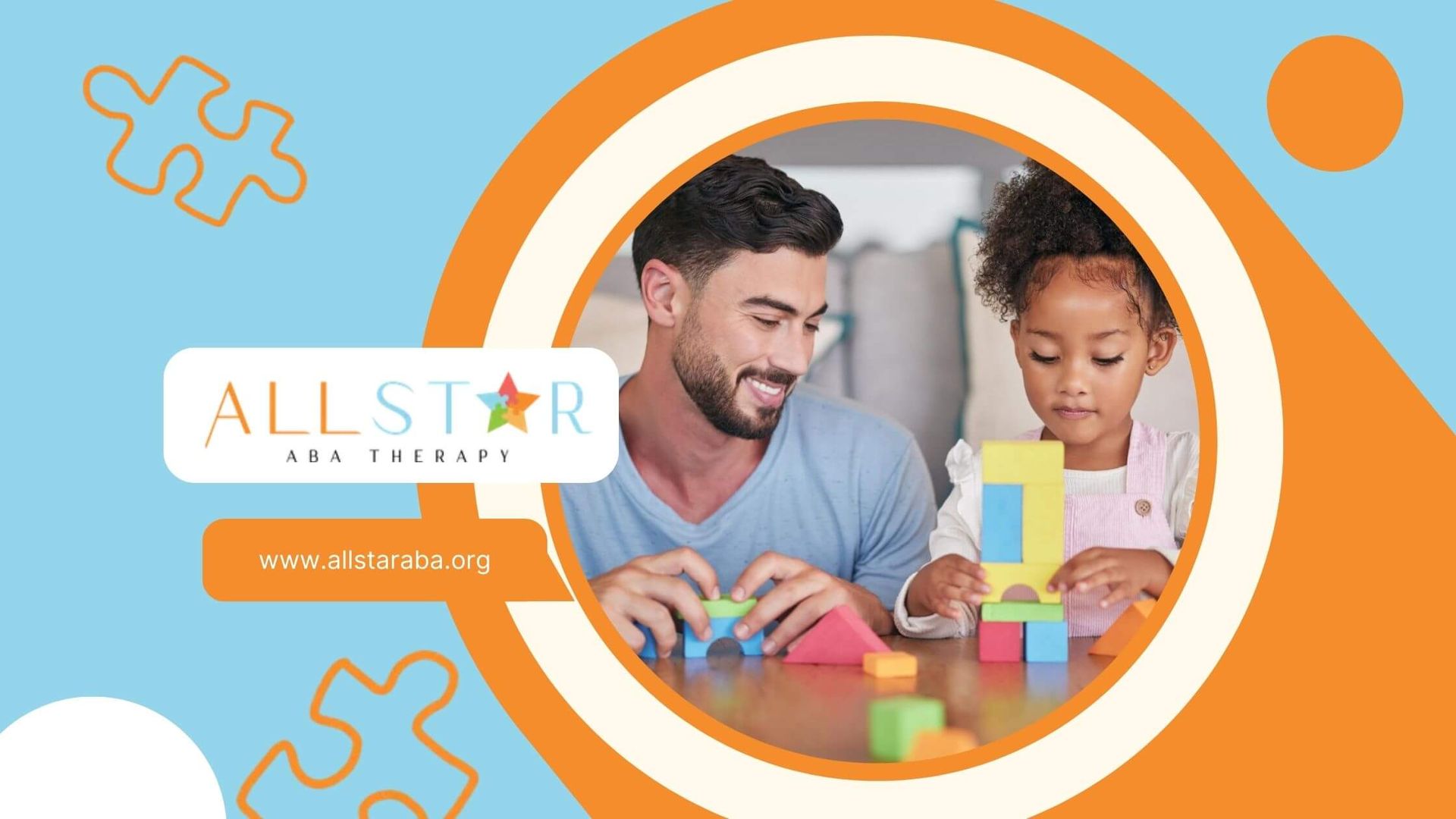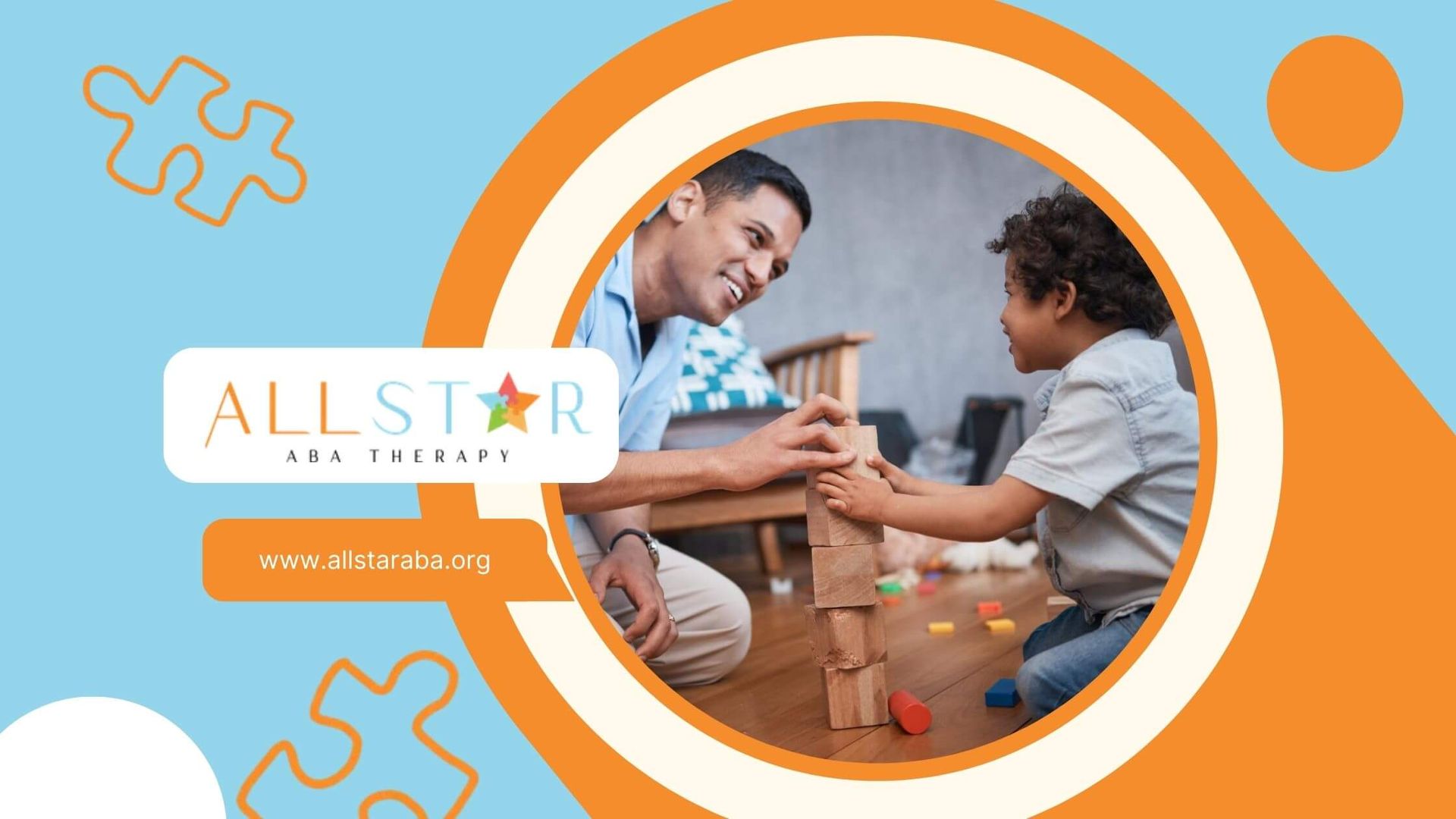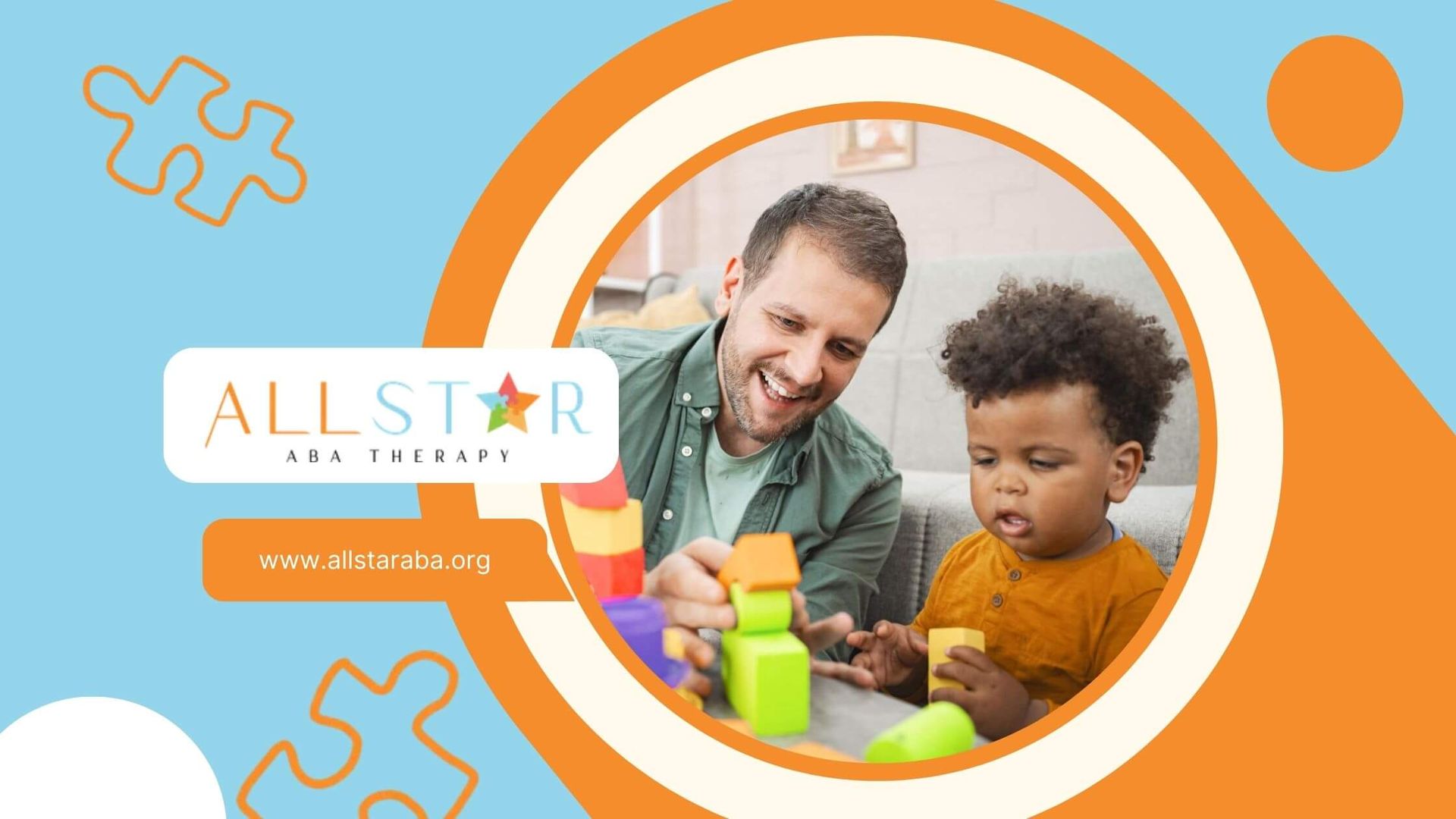New Paragraph
Why Kids with Autism May Get Upset Quickly
Many parents and caregivers of children with autism often wonder if their child is more prone to getting upset than others.
The short answer is yes—children with autism can experience heightened emotional responses to certain situations. But it’s important to understand the reasons behind these reactions, and how to help them navigate these challenges effectively.
Children with autism often struggle with sensory overload, changes in routine, or difficulty communicating their needs, which can lead to frustration or distress.
According to the National Autistic Society, about 70% of children with autism experience heightened sensitivity to sensory inputs like light, sound, and texture. These sensitivities can overwhelm them, triggering an emotional response that might seem disproportionate to others.
It’s also worth noting that children with autism often find it hard to express themselves verbally. When they cannot find the right words, their emotions may manifest through behaviors like meltdowns, aggression, or withdrawal.
Understanding these triggers and providing support through therapies like ABA, or Applied Behavior Analysis, can greatly improve emotional regulation.
How to Support Children with Autism
- Stick to a routine as much as possible to minimize unexpected changes.
- Offer clear and consistent communication, using visual aids or simple language.
- Be patient and understanding, as children with autism often need more time to process their emotions.
At All Star ABA, we specialize in supporting children with autism through tailored interventions. We offer:
FAQs
What causes emotional outbursts in kids with autism?
Emotional outbursts are often triggered by sensory overload, frustration with communication, or changes in their routine. Identifying these triggers can help manage emotional responses.
How can I help my child with autism regulate their emotions?
Consistency, clear communication, and creating a calm environment can aid in emotional regulation. Therapies like ABA are designed to address specific needs and offer coping strategies.
Is it common for kids with autism to have meltdowns?
Yes, meltdowns are common in children with autism, especially when they are overwhelmed or unable to express their feelings.
Need Support?
We're Here to Help!
Our experienced team is ready to assist you. Reach out today to discuss how we can support your child's development and well-being.
Get started with expert ABA therapy today.



